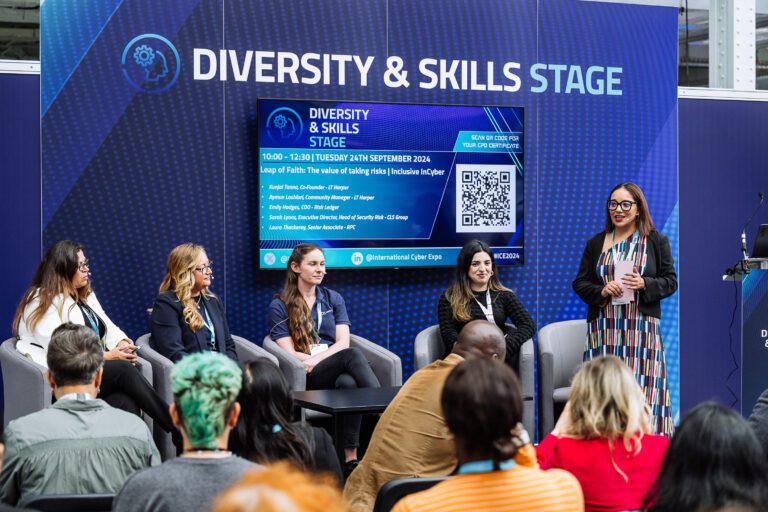Computing degrees have seen a 23% growth in accepted applications from women since 2019, according to new analysis by BCS, The Chartered Institute for IT. This is a higher percentage rise than for any other UCAS subject group.
The ‘surging’ increase is particularly marked amongst 18-year-old women taking computing at university, up by 47% between 2019 and 2022. The growth rate for 18-year-old men over the same period was lower, at 29%.
BCS said the rise was ‘striking and important’ but cautioned that the number of women starting computer degrees this year, is still low compared with the number of men – 6,450 women compared to 27,735 men.
Male students still outnumber female students in computer science by 4.3 to 1 this year, but the gap has closed slightly from in 2021, where it was 4.7 to 1.
The total number of students placed on undergraduate degrees in computing across the UK has increased by 11% on last year, with 34,185 people accepted to start courses. This is the second largest percentage increase of any subject, according to BCS, which analysed new end-of-cycle university admissions data from UCAS.
The overwhelming majority of Computing entrants to higher education undergraduate courses come from state sector schools across the UK. Consistently, only 2-3% originate from the independent sector, with an additional 8% coming from further education.
Speaking about the findings, Julia Adamson, MD for Education and Public Benefit at BCS, The Chartered Institute for IT said, “The surging growth in popularity of computing degrees, especially with young women, is striking and important for the future success of fields like artificial intelligence.”
“The UK urgently needs a diverse influx of talented, ethical professionals to develop world-class capacity in areas like cyber security, data science and AI.”
“The gender gap in computing is closing at degree level, but it’s still far too wide and we need to improve on women making up 22% of tech specialists.”
“Diverse teams make every member of that team a better engineer, better able to design and deliver inclusive solutions which meet the needs of society.”






